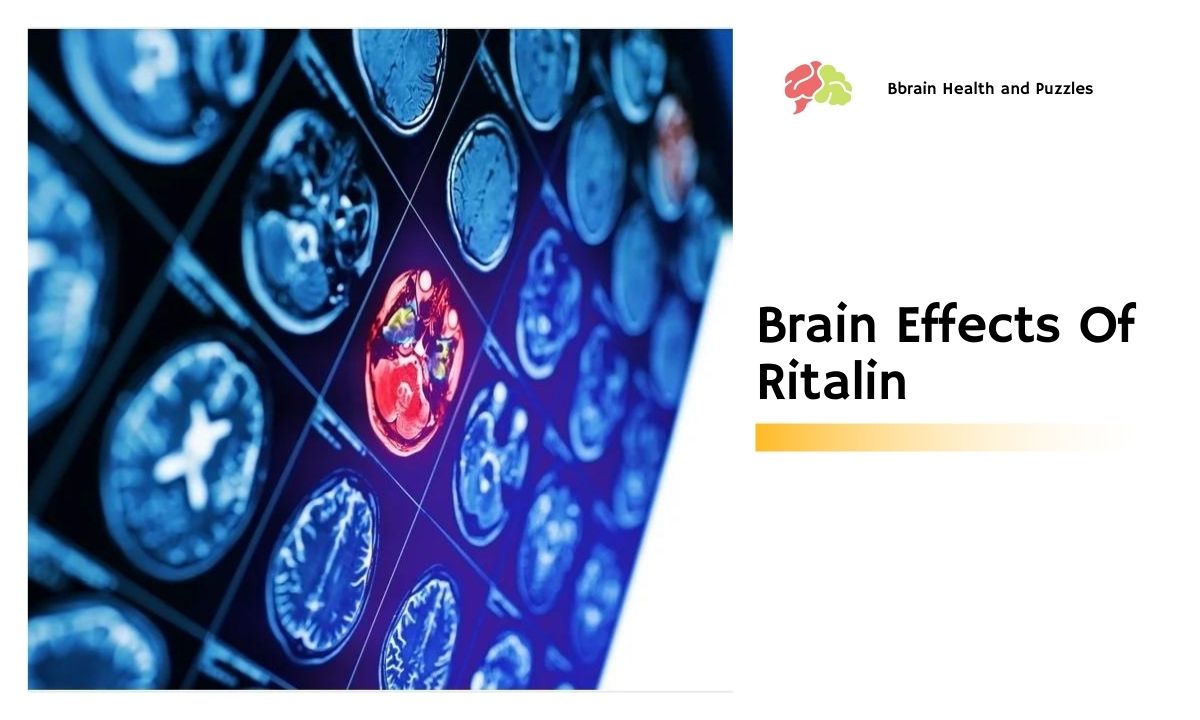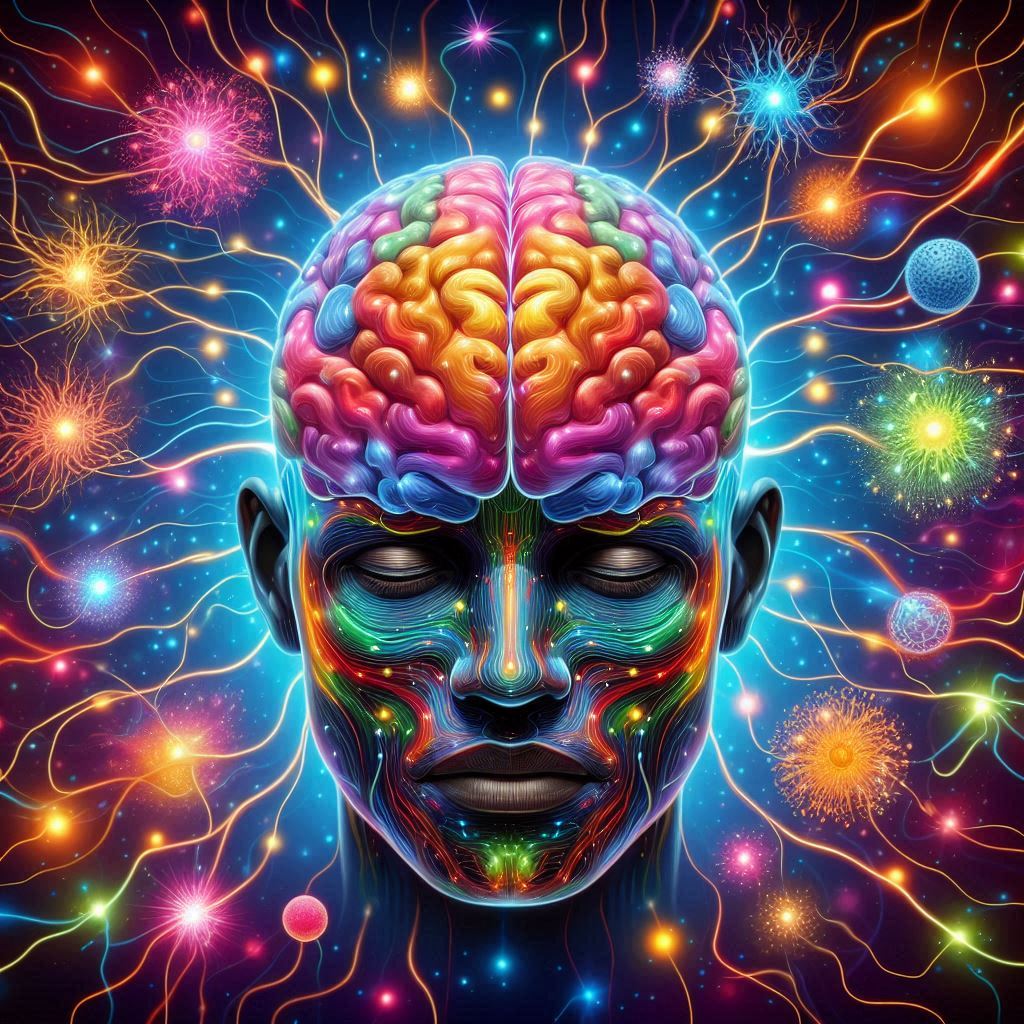Brain Effects Of Ritalin

A Calming Stimulant
Ritalin is one of the brand names used to market a medicine called methylphenidate and is still the most widely recognized brand of this drug. Ritalin is a curious drug in that it is classified as a stimulant, yet the brain effects of Ritalin in patients with attention deficit hyperactivity disorder is one of calming.
If people without attention deficit take Ritalin, the brain effects are similar to mild stimulants: increased alertness, attentiveness, and concentration. When normal subjects in clinical trials were given Ritalin to study its effects on the brain, study participants reported some feelings of euphoria and a sense of well-being. It is this brain effect of Ritalin, among others, that has caused Ritalin to become a drug of abuse and send some to medical centers.
In patients with attention deficit hyperactivity disorder, usually children, the drug actually exerts a calming effect and also improves the child’s ability to pay attention for longer periods of time and to one specific entity, such as their teacher. Ritalin became so popular because in many cases parents were left with few alternatives and students performed much better in school, both academically and socially, that it was hard to argue with that kind of success. Parents came to rely of Ritalin and its various brain effects to help raise their children.
Nerve Disruption
 The main effect of Ritalin on the brain is that it can change the way that nerve cells communicate with one another. When one nerve cell wants to stimulate an adjacent nerve cell, it spritzes a small amount of chemical onto the next cell.
The main effect of Ritalin on the brain is that it can change the way that nerve cells communicate with one another. When one nerve cell wants to stimulate an adjacent nerve cell, it spritzes a small amount of chemical onto the next cell.
This chemical is called a neurotransmitter and this process of communication is called neurotransmission. There are various neurotransmitters (nerve chemicals) in the brain. Two important nerve chemicals for attention and activity are dopamine and serotonin. Ritalin can affect the brain by enhancing dopamine and norepinephrine neurotransmission.
Once a nerve cell (neuron) releases dopamine, for example, Ritalin keeps more of the neurotransmitter next to the adjacent nerve cell which, in turn, improves dopamine neurotransmission. For reasons that are still unclear, increased dopamine neurotransmission makes people without ADHD hyperactive but is able to calm patients with the disorder.
Other Uses
Other patients can be treated with methylphenidate as well. For patients with narcolepsy, the brain effects of Ritalin can be extremely helpful. Narcolepsy is a disorder that causes sufferers to fall asleep inappropriately and suddenly. Ritalin acts as a stimulant in these patients and can decrease the number and frequency of these sleeping episodes (drop attacks) and diminish excessive daytime sleepiness. In addition, Ritalin is used to treat depression, but this is fairly unusual.
Abuse
No discussion of the brain effects of Ritalin would be complete without a brief discussion about abuse. Ritalin and other brands of methylphenidate have been used as drugs of abuse, mainly for their stimulant and euphoric effects. People report pleasurable sensations when taking Ritalin which has been used non-medically for this effect.
However, the drug is also abused by people who are looking to improve performance in school or at work. Ritalin affects the brain by improving concentration, decreasing distraction, focusing attention, and improving mental abilities. Ritalin is popular among students as a pharmacological study aid. It has also been used by professionals to increase and improve work performance.
While patients may ask their physicians for Ritalin in order to achieve these effects, it is not likely to be prescribed in the absence of a true psychiatric or neurological illness.



